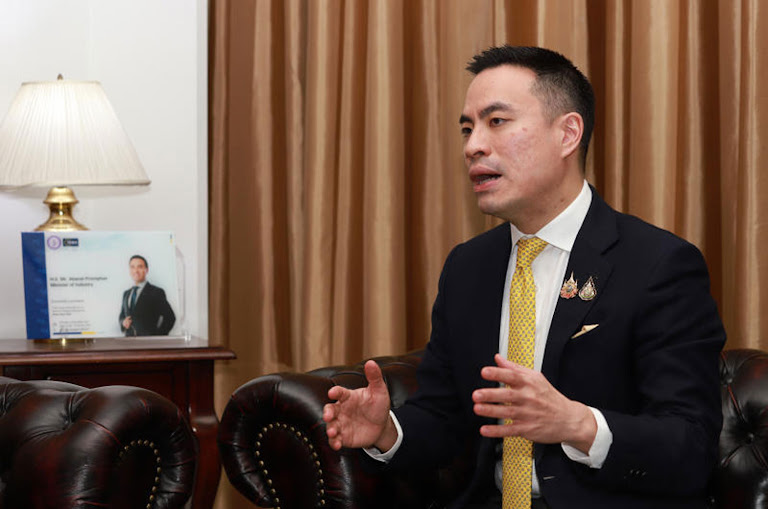Thailand: Grey Businesses Threaten Economic Growth and Stability Now
Loopholes, lax enforcement, and substandard goods from Chinese-owned firms erode Thai competitiveness, environment, and economic stability, demanding accountability.

Thailand finds itself grappling with a familiar tension in the era of globalization: the allure of rapid economic expansion clashing with the imperative of sustainable development. The recent surge of Chinese-owned industrial firms setting up operations in Thailand, as reported by the Bangkok Post, highlights this precarious balance, revealing a system seemingly designed to externalize costs—environmental damage, economic instability—onto the host nation.
The issue isn’t simply about a few bad actors. Industry Minister Akanat Promphan’s crackdown, dubbed the “Sud Soi” initiative, which translates to “all the way,” signifies a systemic problem that requires more than just isolated enforcement actions. It’s about the rules of the game themselves. It is what should have been the norm, according to Minister Akanat. What mechanisms allowed these “grey businesses” to flourish in the first place? What incentives did they exploit, and what oversight was lacking? The answer likely lies in a complex web of regulatory loopholes, lax enforcement, and perhaps even tacit complicity.
The consequences of this unchecked growth are multifaceted and deeply concerning. They extend beyond environmental degradation and impact the very fabric of the Thai economy:
- Erosion of Domestic Competitiveness: The influx of cheap, often substandard goods, particularly steel, undermines Thai producers, making it impossible for law-abiding domestic companies to compete. This creates a race to the bottom, incentivizing corner-cutting and further eroding environmental and labor standards.
- Environmental Degradation: The use of outdated technology and lack of proper pollution control systems in many of these factories lead to widespread environmental damage. This not only harms local communities but also undermines Thailand’s long-term sustainability.
- Economic Drain: Profits are repatriated abroad, depriving Thailand of much-needed capital for investment in infrastructure, education, and other essential services. This creates a situation where the benefits of economic growth are disproportionately enjoyed by foreign investors, while the costs are borne by the Thai people.
The situation represents a fundamental mismatch between the rhetoric of economic progress and the reality on the ground, creating a scenario where economic gains are offset by long-term environmental and social costs. A pattern emerges where the promise of prosperity masks the slow unraveling of the country’s natural resources and the exploitation of its regulatory framework.
The situation is compounded by past policy decisions, such as the exemption of certain industries from zoning laws under the now-defunct National Council for Peace and Order (NCPO). Civil society organizations have long warned against the perils of such exemptions, arguing that they opened the floodgates for illegal waste dumping and pollution, especially in provinces like Rayong, Chonburi, Prachinburi, and Chachoengsao, regions now synonymous with illegal industrial activities.
Looking ahead, Minister Akanat’s emphasis on promoting high-level industrial investment and technology transfer is a step in the right direction. Attracting investments that bring in environmentally friendly technologies and foster knowledge sharing is crucial for upgrading Thailand’s manufacturing base and ensuring long-term sustainable growth. The collaboration across government agencies, NGOs, media, and even opposition parties is a welcome sign, suggesting a growing recognition of the need for collective action. The ministry’s moves to shut down illegal factories underscore that a new culture of accountability may be developing, where government agencies actively protect the public interest. However, the real test will be whether these reforms can be sustained and deepened, even in the face of powerful vested interests. The Sin Ker Yaun Steel case, involving substandard steel potentially contributing to a building collapse, highlights the stakes and underscores the urgent need for systemic change.









